For flower 0.9.2, it tries to put each attribute of task._fields into the response:
def get(self, taskid):
...
response = {}
for name in task._fields:
if name not in ['uuid', 'worker']:
response[name] = getattr(task, name, None)
response['task-id'] = task.uuid
if task.worker is not None:
response['worker'] = task.worker.hostname
self.write(response)
Turns out there are Task object in task._fields like parent, root:
class Task(object):
...
_fields = (
...
'clock', 'client', 'root', 'root_id', 'parent', 'parent_id', 'children',
)
In celery, these fields have specific serialize handlers:
self._serializer_handlers = {
'children': self._serializable_children,
'root': self._serializable_root,
'parent': self._serializable_parent,
}
While in flower, it just pass it to self.write and it doesn't know how to serialize those objects.
I think it has been fixed in flower 1.0.0:
def get(self, taskid):
...
response = task.as_dict()
if task.worker is not None:
response['worker'] = task.worker.hostname
self.write(response)
In as_dict function, the serialization is delegated to celery if available or use default keys:
def as_dict(task):
# as_dict is new in Celery 3.1.7
if hasattr(Task, 'as_dict'):
return task.as_dict()
# old version
else:
return task.info(fields=task._defaults.keys())
Version 1.0.0 is still in development but you can install it from git repo by running pip install git+https://github.com/mher/flower.git.


